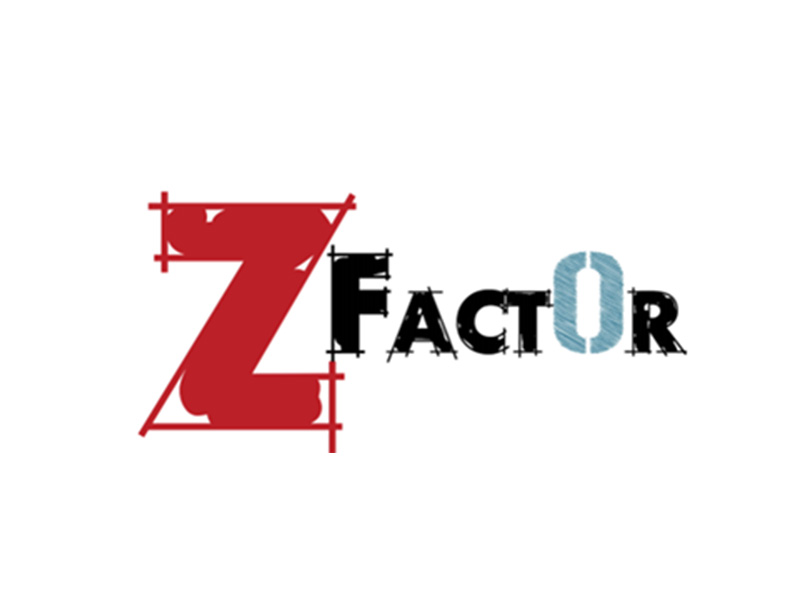Project goals
Z-Fact0r provided a system for zero-defect manufacturing. The solution made it possible to identify manufacturing non-conformities, to prevent the generation of defects by recalibrating the production line, to suggest process reworking for non-conforming components, to monitor manufacturing processes and to suggest operations to be carried out.
Specifically, the purposes of the project were divided into the following stages:
Stage 1. Technology generation and testing::
this included all research activities for the development of the Z-Fact0r subsystems. This stage was finalized once all developed technologies had been laboratory-tested and were ready for integration.
Stage 2. Technology integration and validation::
all integration activities to be performed during the Z-Fact0r project. The goal of this stage was to prepare the system for its validation as a complete prototype. Each subsystem was fine-tuned in order to work as a single integrated system. To this end, the integration process ran in parallel with Stage 1 by providing constant feedback for modification of each subsystem.
Stage 3. Demonstration of Z-Fact0r results::
the validation activities of Stage 2 provided key inputs to make the necessary changes before implementing the system in real, industrial use cases. The first step was the demonstration of the validated technologies in use cases, while the last step was the demonstration of the Z-Fact0r prototype in operational environments (TRL7). The accumulated results provided feedback to Stage 2 in order to monitor required actions and perform an evaluation of key performance indicators.
Stage 4. Project management and spreading activities, exploitation and communication:
this stage managed the entire project duration in order to keep track of all the activities involved (R&D, DEMO) and act when necessary. This ensured the smooth progress of all R&D and demonstration activities, as well as an effective planning for marketing and results dissemination throughout each stage.
.
The role of Holonix
Within the project, the Holonix team was responsible for developing a Data Model and a data exchange scheme from those related to the different components.
Holonix did back-end work, focusing on Data repository and Data gathering.
Data repository means the storage of the data about components of the 3 end users, being in this case the project partners DURIT, MICROSEMI and NECO; Data gathering means the management of the information flow.
Thanks to the participation in the project, the Holonix team honed its expertise in the field of data flow management,
improving its development skills in data repository and data gathering.
It discovered new management solutions applicable in future projects and fields, such as the commercial sector.
IoT Technologies and Applications
Product-Service Business
Technological and Methodological Support
Operation and Innovation Management





